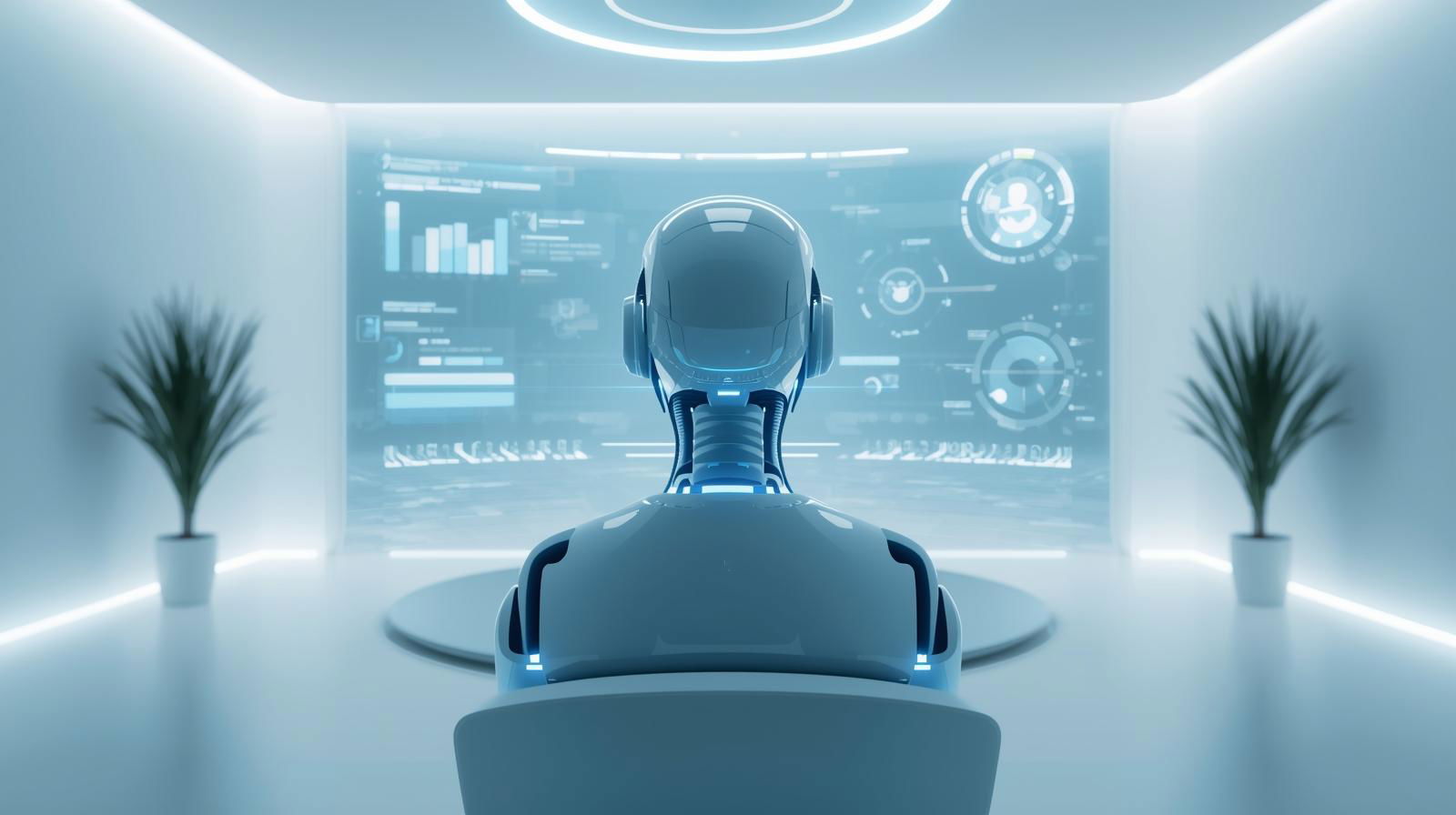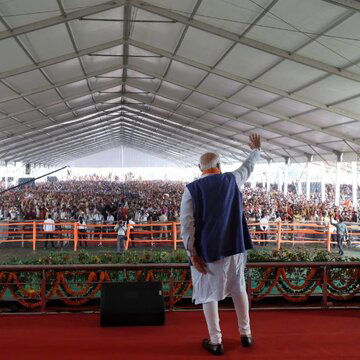OpenAI has announced a strategic partnership with Broadcom to co-design and develop AI processors, marking one of its biggest steps yet towards building in-house computing infrastructure. The collaboration happened after recent agreements with Nvidia and AMD and signals the company’s growing ambition to reduce dependency on third-party chipmakers. The development was first reported by Reuters and confirmed in a blog post by OpenAI.
Custom chips to boost efficiency and independence
According to Reuters, the partnership is expected to roll out nearly 10 gigawatts of computing capacity by 2029, with initial deployments beginning in the second half of 2026. OpenAI will handle chip design and system architecture, while Broadcom will concentrate on engineering and manufacturing.
The collaboration will enable OpenAI to create processors customised for its AI models, enhancing performance and energy efficiency, the company said in an official statement. The collaboration is "a critical step in building the infrastructure needed to unlock AI’s potential and deliver real benefits for people and businesses," according to CEO Sam Altman.
Notably, Broadcom will not take any equity stake in OpenAI as part of the agreement. The partnership is purely technical, aimed at co-developing processors optimised for OpenAI’s workloads.
Analysts express caution over OpenAI’s spending pace
While the partnership was welcomed by investors and Broadcom shares rising after the announcement, several analysts have voiced concerns about OpenAI’s rapid spending spree. As per a report of Times of India, experts worry that the company’s heavy infrastructure investments could stretch its finances and test the profitability of the AI industry at large.
Some analysts quoted by Reuters noted that developing custom hardware at scale is an ambitious and costly venture, though it could grant OpenAI more leverage in future negotiations with major chip suppliers.
If successful, the deal could redefine the global AI hardware landscape by embedding OpenAI’s model-level intelligence directly into silicon and making its data centers faster, leaner, and more autonomous.











